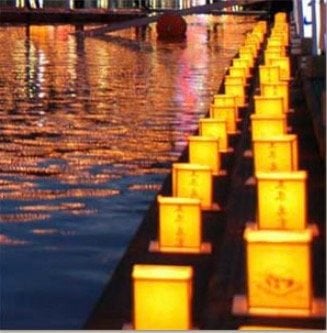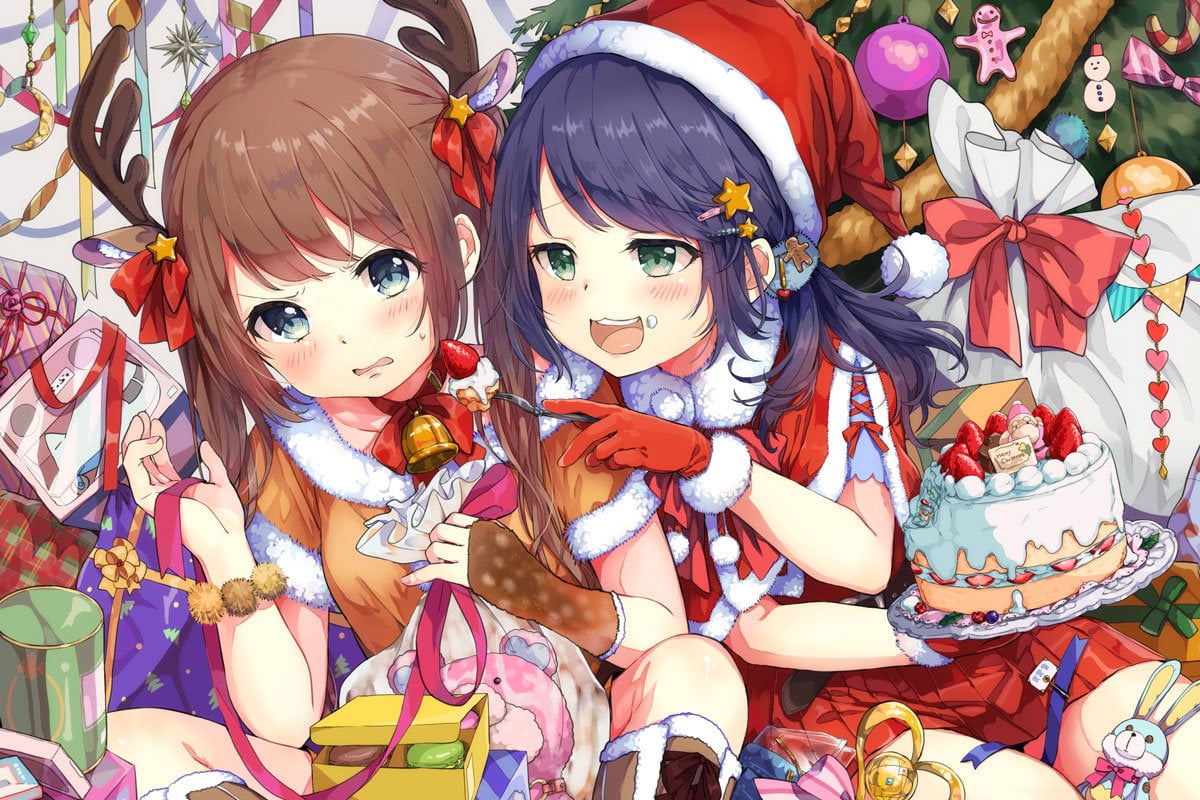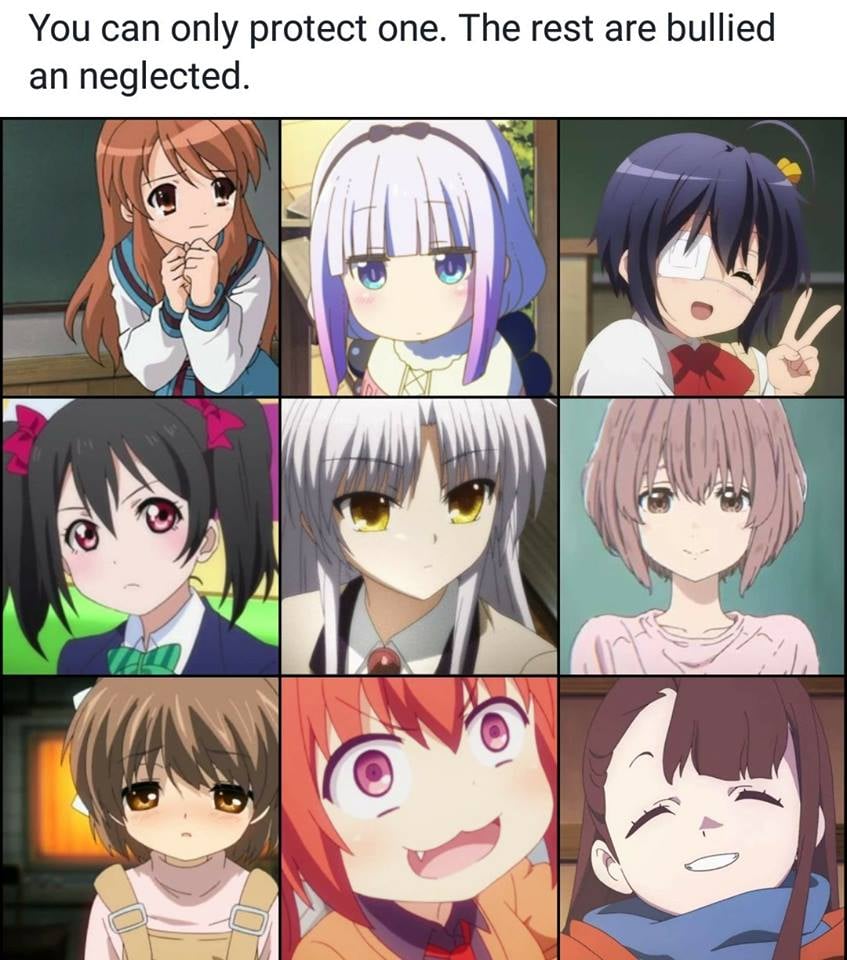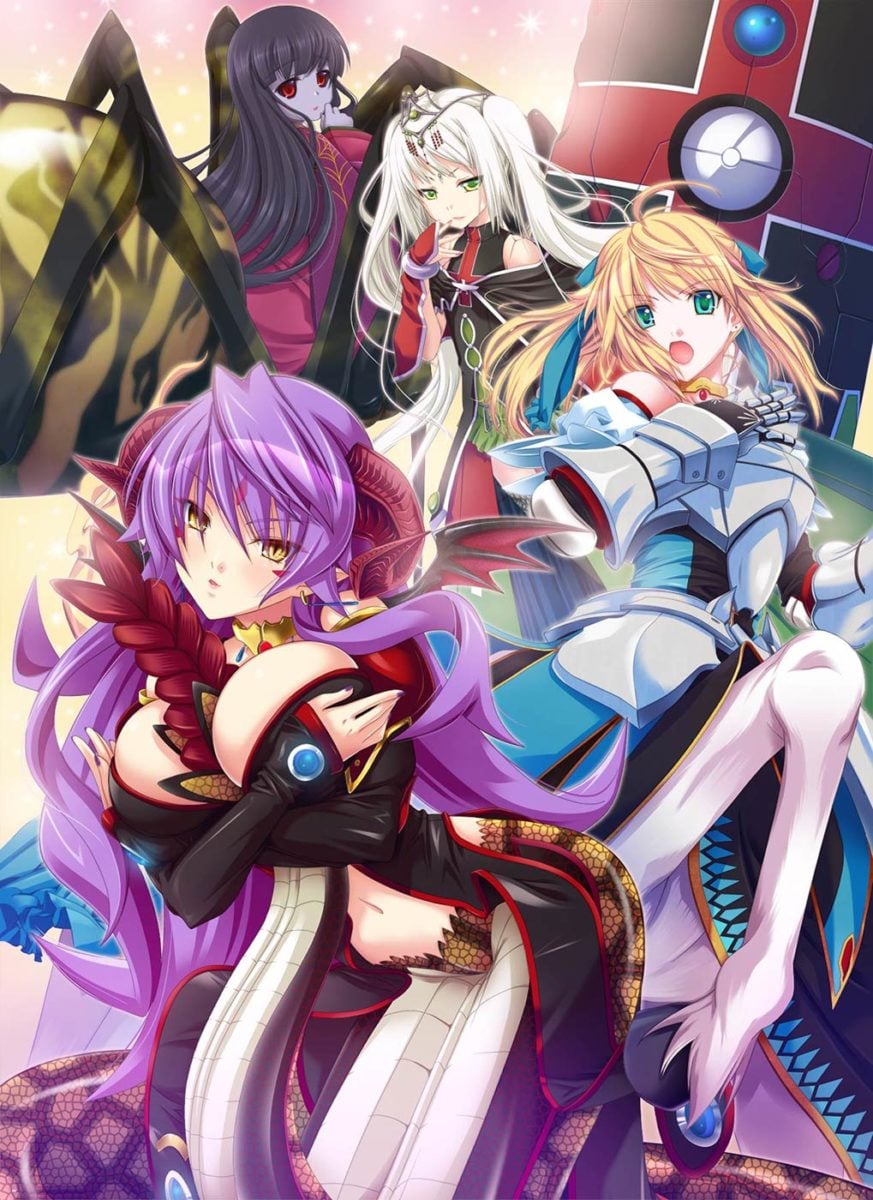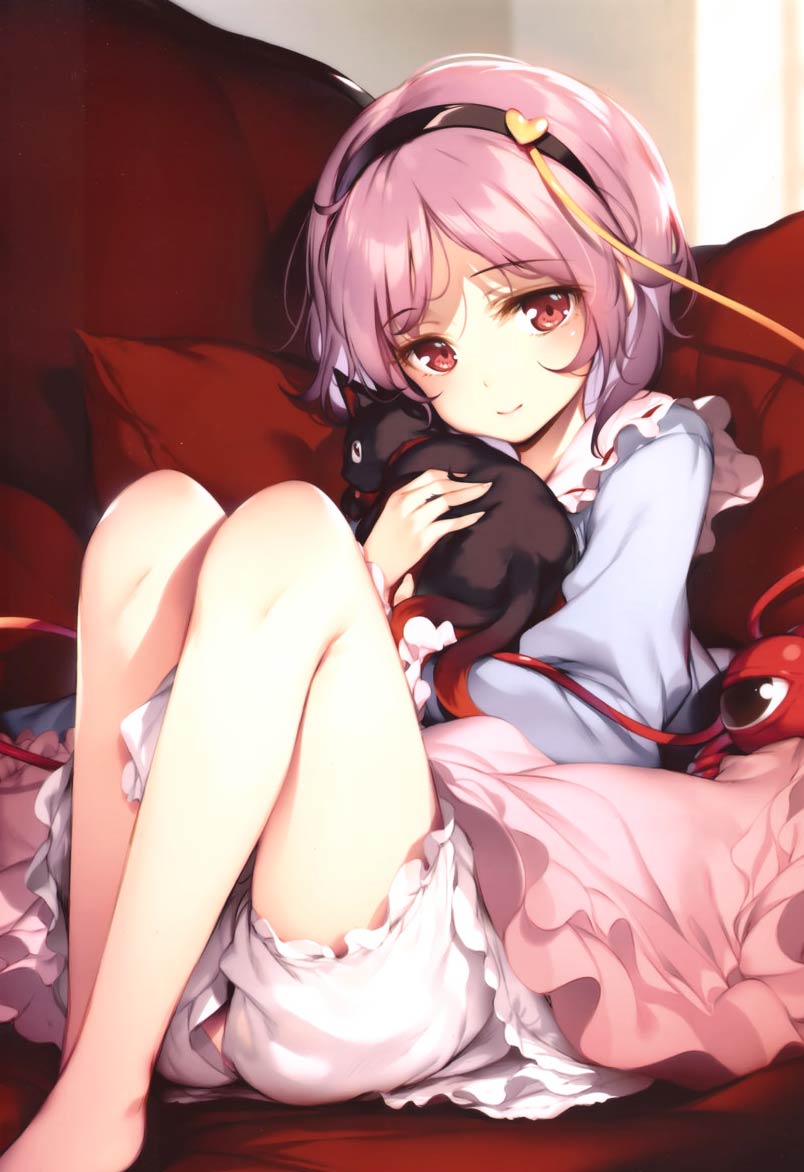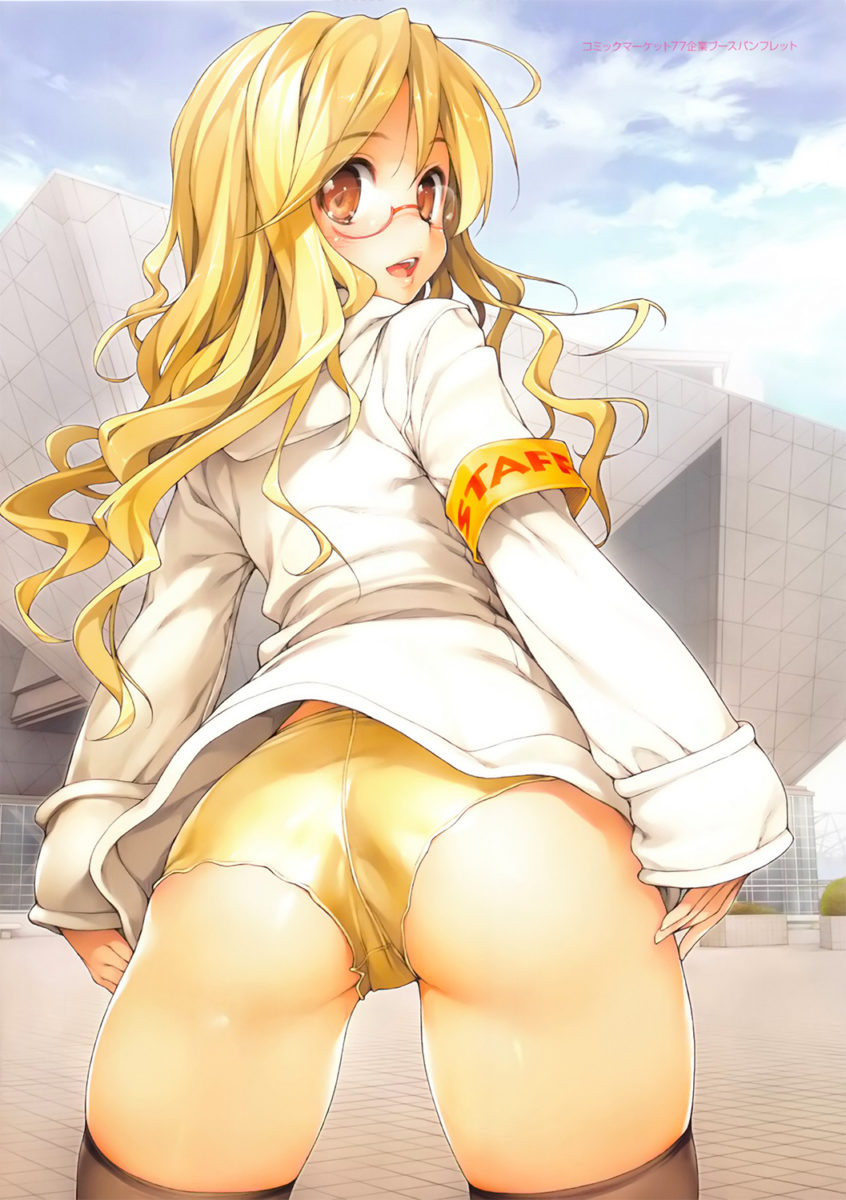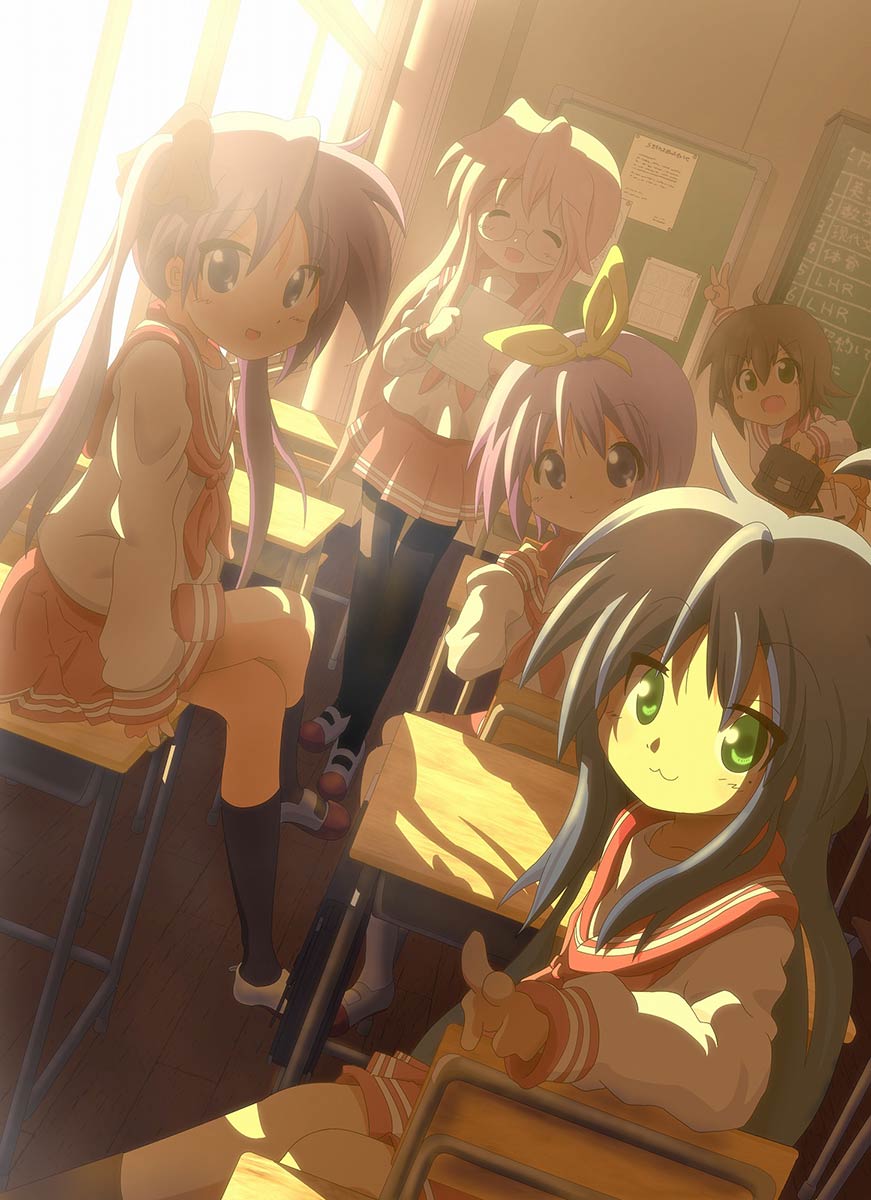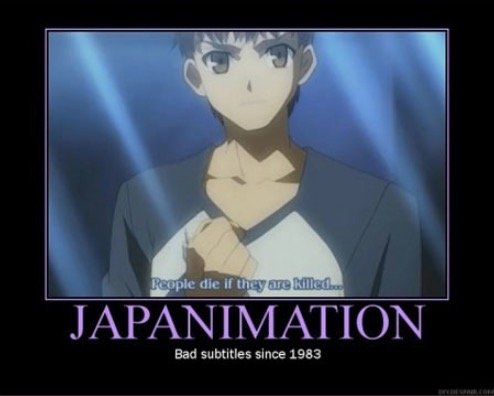Japan is in the middle of Obon (pronounced “oh, bone!”), a four-day Buddhist holiday that’s kind of like Thanksgiving in the U.S., in that this is when everyone heads home to spend time with family, but it’s also similar to Halloween since the sky is supposedly filled with the ghosts of our dead ancestors who’ve come home for a visit. Much of Japan shuts down during August 13-16 as people travel to their jikka or “real home,” meaning their parents’ house. There they’ll spend some quality time with family and make a special trip the family grave to wash it with clean water and leave chrysanthemums, which are flowers for the dead, something I found out when I accidentally bought some to give to my wife (oops). While I don’t know much about Buddhism itself — which incidentally is no different from many Japanese people, who often can’t tell you why a Buddhist temple and a Shinto shrine are different — I have known the Japanese to really care about their ancestors. My wife regularly looks to her dead grandmother for guidance and protection, and every morning my wife, her mother or my daughter will burn a stick of incense at the family altar to let the dead known they haven’t been forgotten. Some parts of Japan have beautiful festivals related to Obon, like the floating lanterns of Nagasaki or the famous Daimonji festival in Kyoto, in which fires spelling out the kanji character for “great” are lit on a mountain above the city.
Some parts of Japan have beautiful Obon festivals, like Nagasaki’s floating lanterns.


